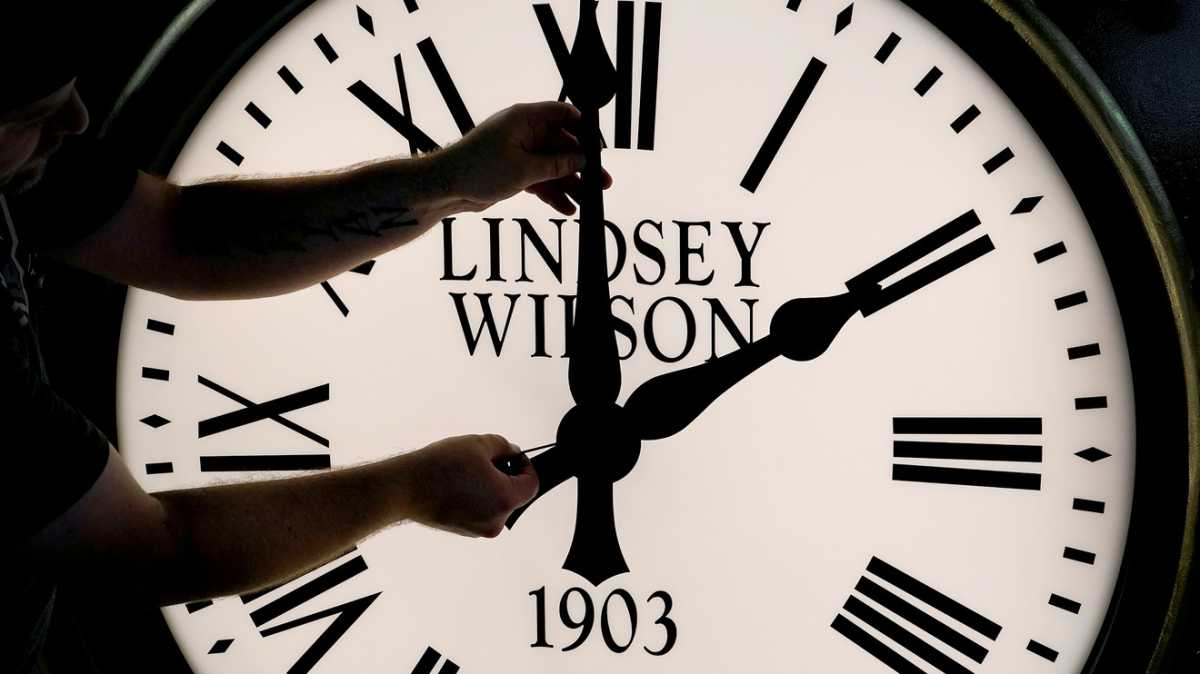Health
Debate Over Daylight Saving Time Intensifies as Clocks Spring Forward

As countries across North America prepare to adjust their clocks for daylight saving time on March 10, the debate over the practice intensifies. Nations like Canada, the United States, Cuba, and Haiti will move their clocks forward by an hour, prompting discussions on the potential health impacts of this biannual time change.
Simon Sherry, a prominent figure in the field of clinical psychology and the director of Dalhousie University‘s Personality Research Team and co-founder of Crux Psychology, highlights the negative effects of springing forward the clocks. Sherry points to research linking this time change to increased risks of heart attacks, strokes, accidents, and even higher rates of depressive symptoms and suicides.
The notion of daylight saving time altering circadian rhythms, our internal biological clocks, is a key concern for those advocating against the practice. Disruptions to these rhythms can lead to various health issues, making the case for reconsidering the necessity of daylight saving time.
While the extra hour of daylight in the evening is often seen as a benefit, particularly by sleep scientists, there remains a divide on the overall impact of daylight saving time. Arguments for and against the practice continue to fuel discussions among researchers and policymakers.
Interestingly, Europe and North America remain strong proponents of daylight saving time, with the upcoming time change set to occur earlier in North America compared to Europe. Some regions, like Saskatchewan, the Yukon Territories, Arizona, and Hawaii, have already opted out of observing daylight saving time.
In the U.S. Senate, the Sunshine Protection Act is under consideration, aiming to make daylight saving time permanent across the country. This proposal, which has bipartisan support, could potentially lead to a shift in how the U.S. approaches time changes.
The ongoing debate over whether to maintain daylight saving time or switch to permanent standard time underscores the complexity of addressing this issue. With various health concerns associated with clock changes, finding a consensus on the best approach remains a challenge for policymakers and the public alike.












